In recent months, Kerala, Maharashtra, Telangana, and Andhra Pradesh have reported a surge in cases of mumps majorly in children. Now Delhi-NCR is also seeing the spread of the infection. Here’s what to watch out for read more
)
Children should be administered three doses of MMR (measles, mumps, and rubella) vaccine. Representation image. AFP
Mumps is making a comeback in India. In recent weeks, health authorities in Delhi and the neighbouring National Capital Region (NCR) have reported a concerning uptick in cases of mumps, a contagious viral infection that is majorly affecting children and young adults between 18 to 25. But this recent surge in cases is not limited to just Delhi-NCR.
Kerala, Maharashtra, Telangana, and Andhra Pradesh have seen a rise in infections over the past few months. As per this year’s data from the central government, the total number of reported cases has risen to 15,637 as of March 2024. Is this a reason to worry?
**
What is mumps?**
As per US Centers for Disease Control, mumps is an acute viral illness caused by a paramyxovirus, which affects the parotid glands, which are responsible for making saliva in the body. The disease primarily affects children and has flu-like symptoms is easily spread by airborne droplets from the upper respiratory tract and generally lasts for five to six days.
What are the symptoms to watch out for?Though signs of having mumps can be mild or even seemingly harmless, they can be hidden under a number of factors, that can later lead to profound complications such as meningitis, and deafness, foetal damage in pregnant women, The Hindustan Times reported quoting Dr Poonam Sidana, director, neonatology & paediatrics at the Delhi’s CK Birla Hospital.
Here are the early signs that one shouldn’t ignore
1. Fever
2. Fatigue and loss of appetite
3. Painful swelling near eyes and jaw
4. Headache and muscle ache
5. Shivering and chills
6. Running nose
Dr Neha Rastogi Panda, consultant for infectious diseases, Fortis Memorial Research Institute in Gurugram in a News 18 report said the ongoing month saw an increase of around 10 to 12 cases in the city.
“To begin with seasonal trends, this rise has led to major community outbreaks. Such a steep surge in cases has potential implications to lead to an increase in sequelae and complications such as orchitis, meningoencephalitis, and increased morbidity," she pointed out.
What are the precautions to keep in mind?Dr Kanchankumar Ramrao Bhagyawant who is a practising paediatrician and neonatologist at Pune’s Ruby Hall Clinic told The Hindustan Times, “It spreads easily through coughing and sneezing. One can spread the disease 1-2 days before to 5 days after the appearance of swelling.”
When experiencing symptoms, it’s crucial to promptly isolate oneself to prevent further transmission. “The infected person should avoid going to crowded places and take rest so that no person-to-person spread would happen. Respiratory etiquettes should be followed as we learned during COVID times,” Bhagyawant had further said.
Maintaining proper hygiene sanitation, and personal protective measures like handwashing, wearing masks, and practicing social distancing are essential components of the preventive strategy against the spread of mumps.
What about vaccination?The sporadic appearance of cases with clustering is a well-known occurrence in mumps, and its widespread resurgence in several states is urging authorities to up the vaccination efforts against the viral disease.
“Close-knit communities like schools and sports teams become transmission hotspots. Also, due to a lack of data, mumps vaccination was removed from UPI (Universal Program for Immunisation). The path forward is clear, we need to prioritise MMR (measles, mumps, and rubella) vaccination, at 9 months, 15 months, and 4-5 years, in both public and private sectors. Combatting misinformation by educating, dispelling myths, and building trust in vaccines,” Dr Sidana stated in The Hindustan Times.
With inputs from agencies

 4 months ago
18
4 months ago
18

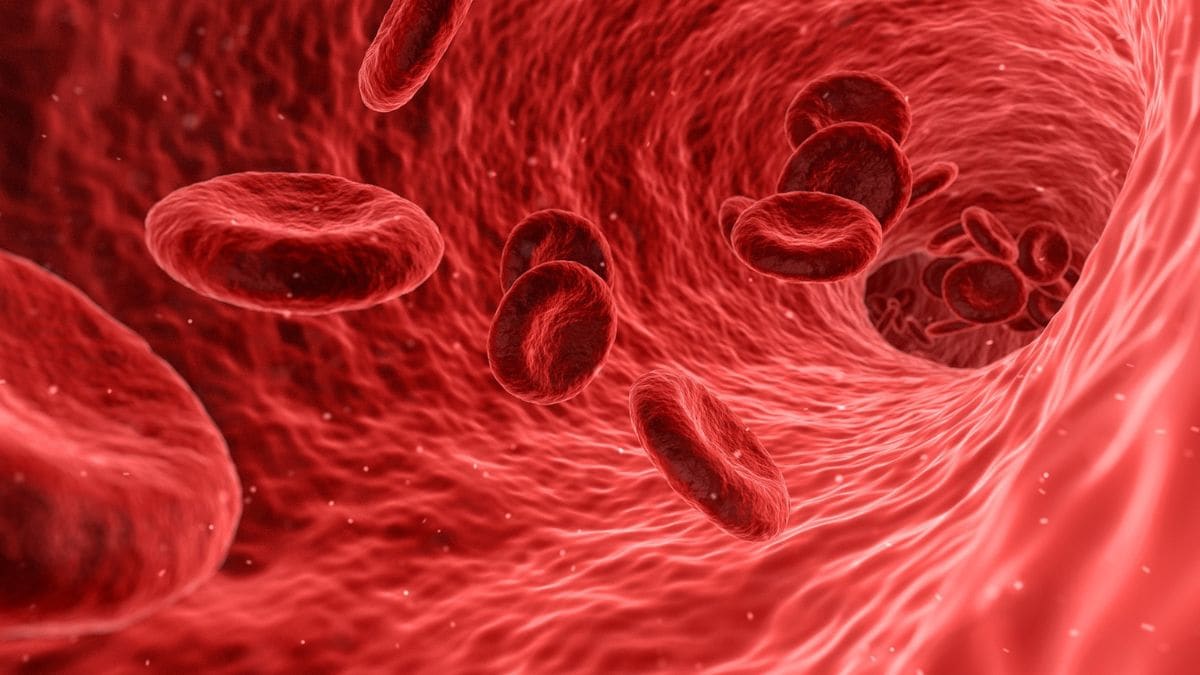
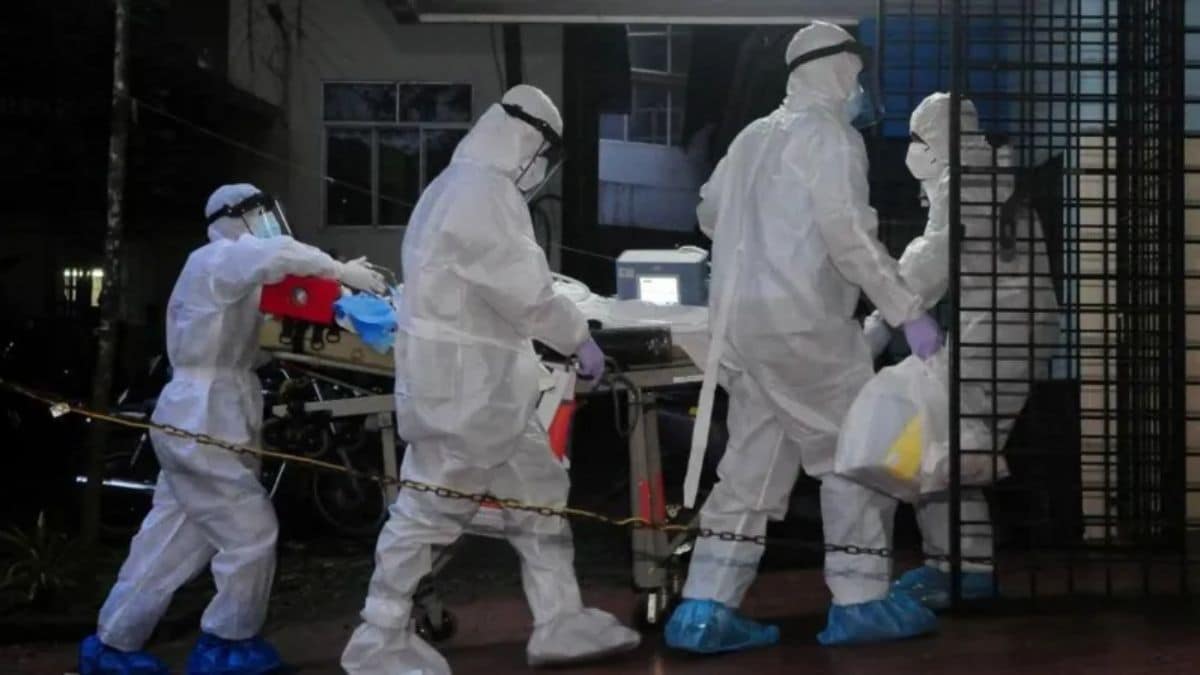



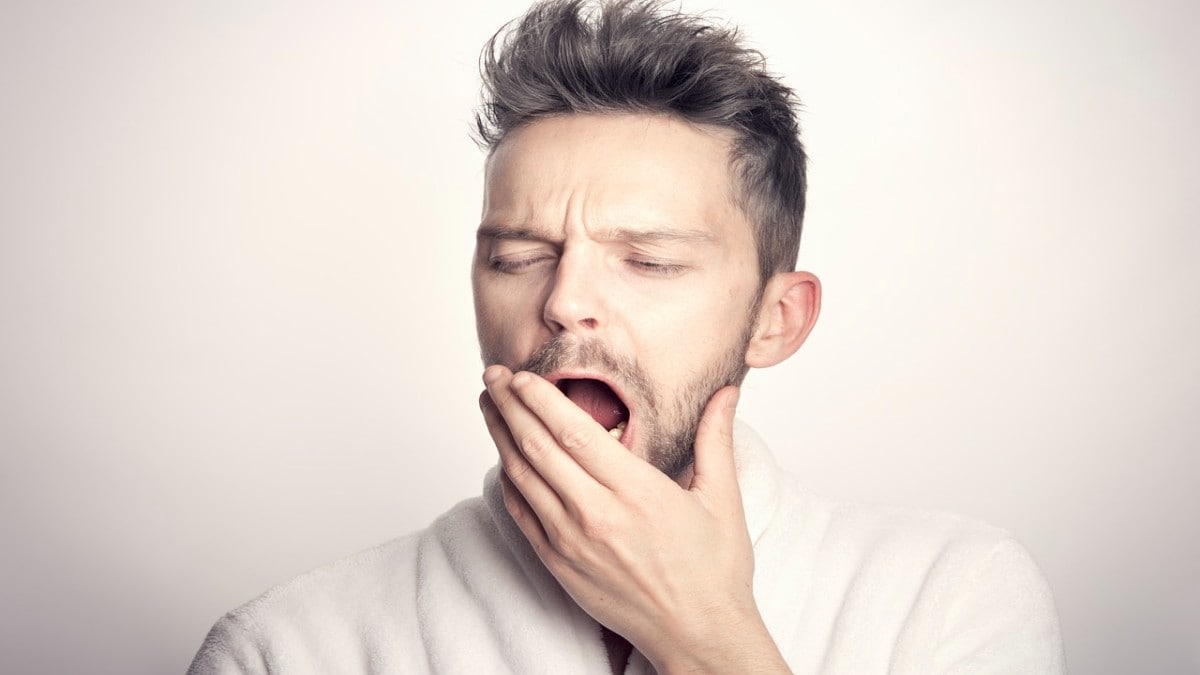
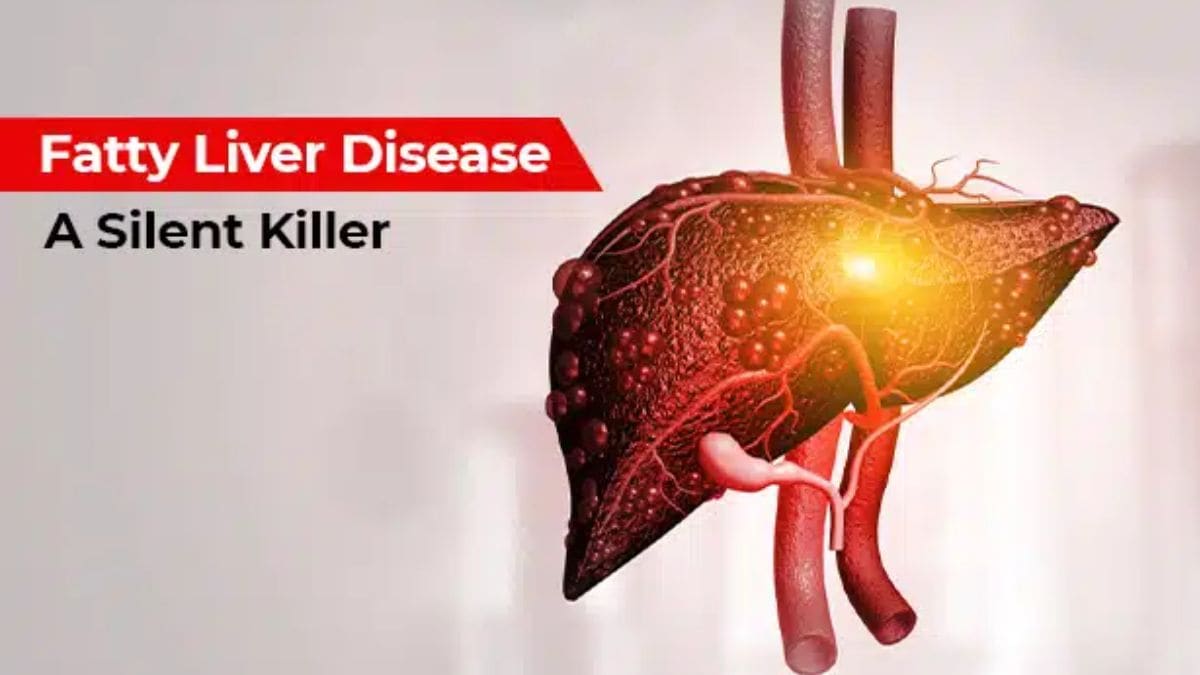

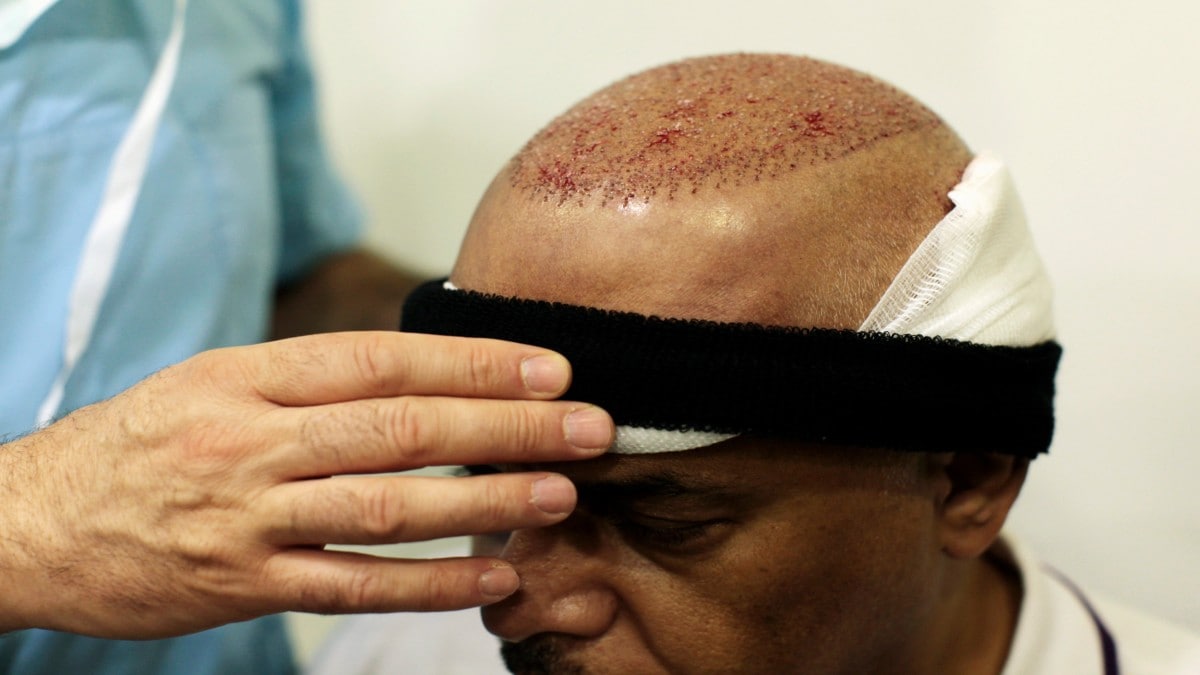

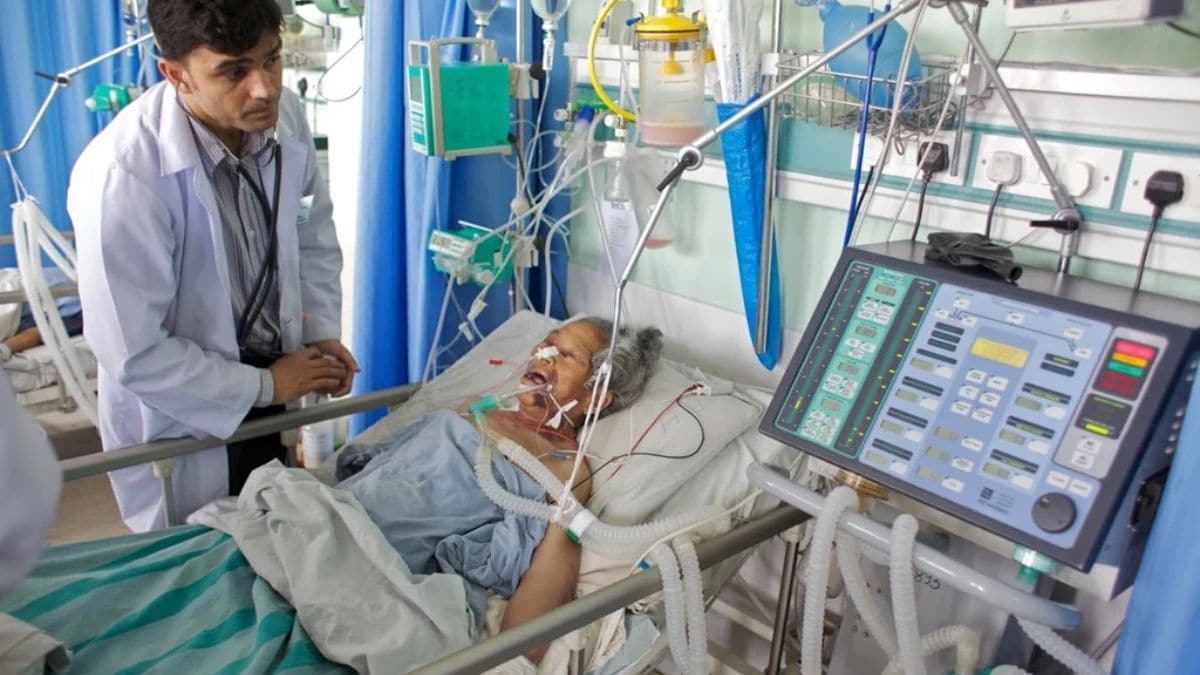
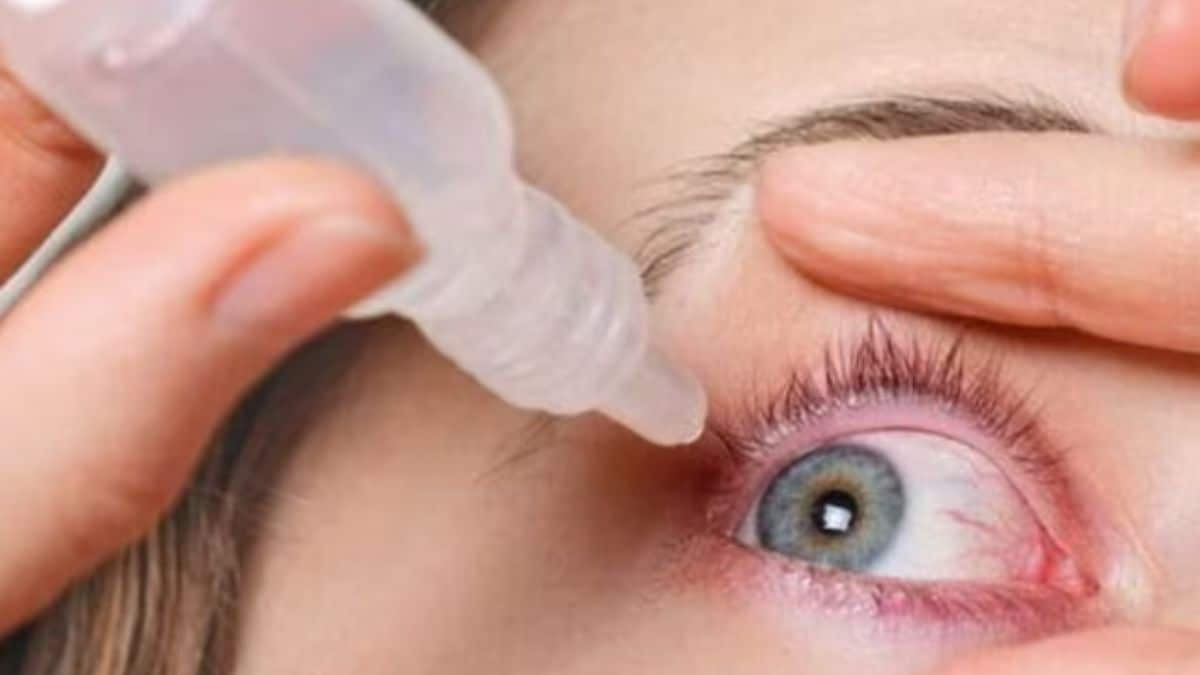
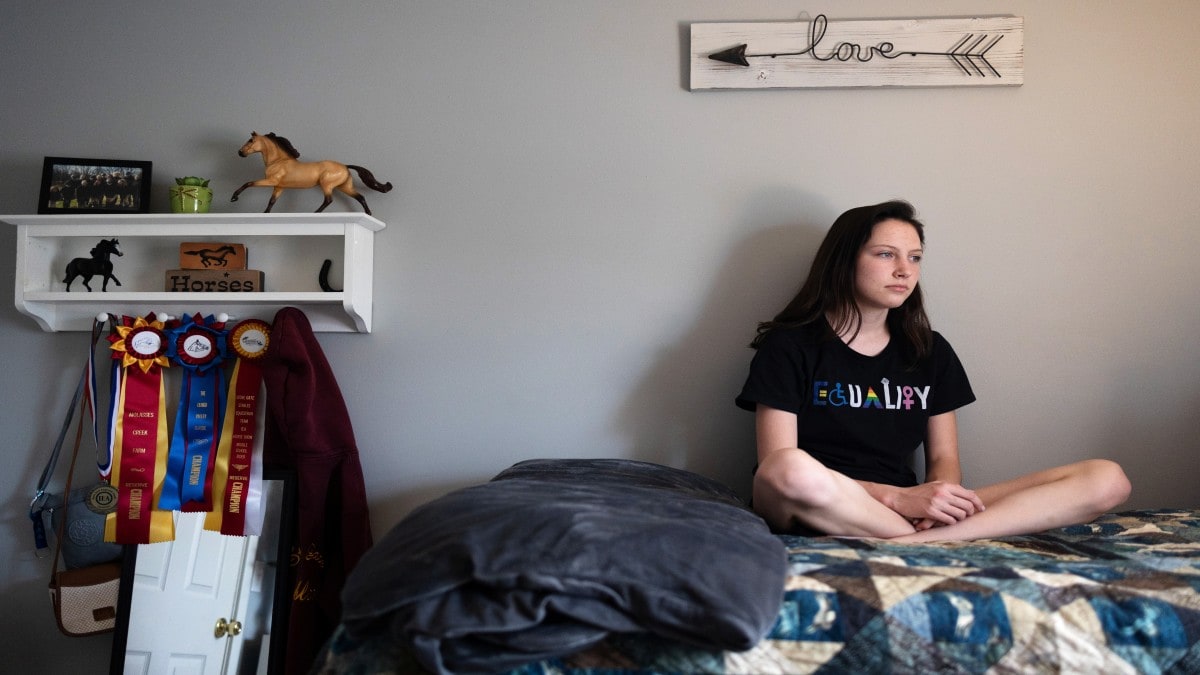
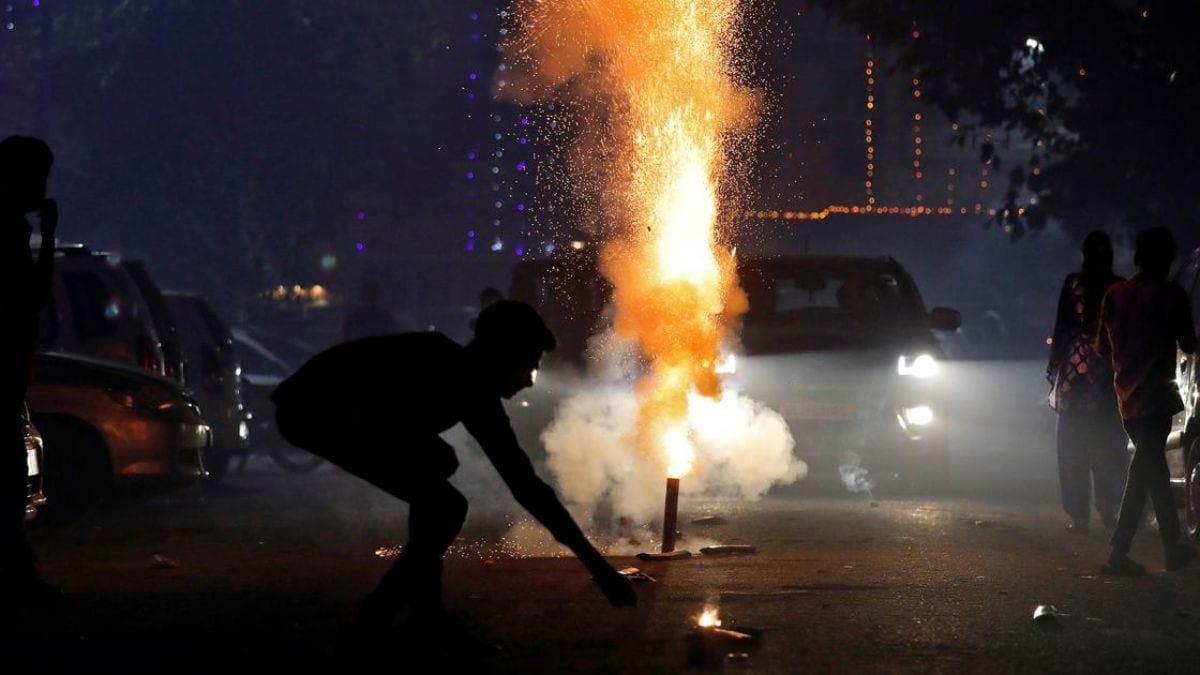
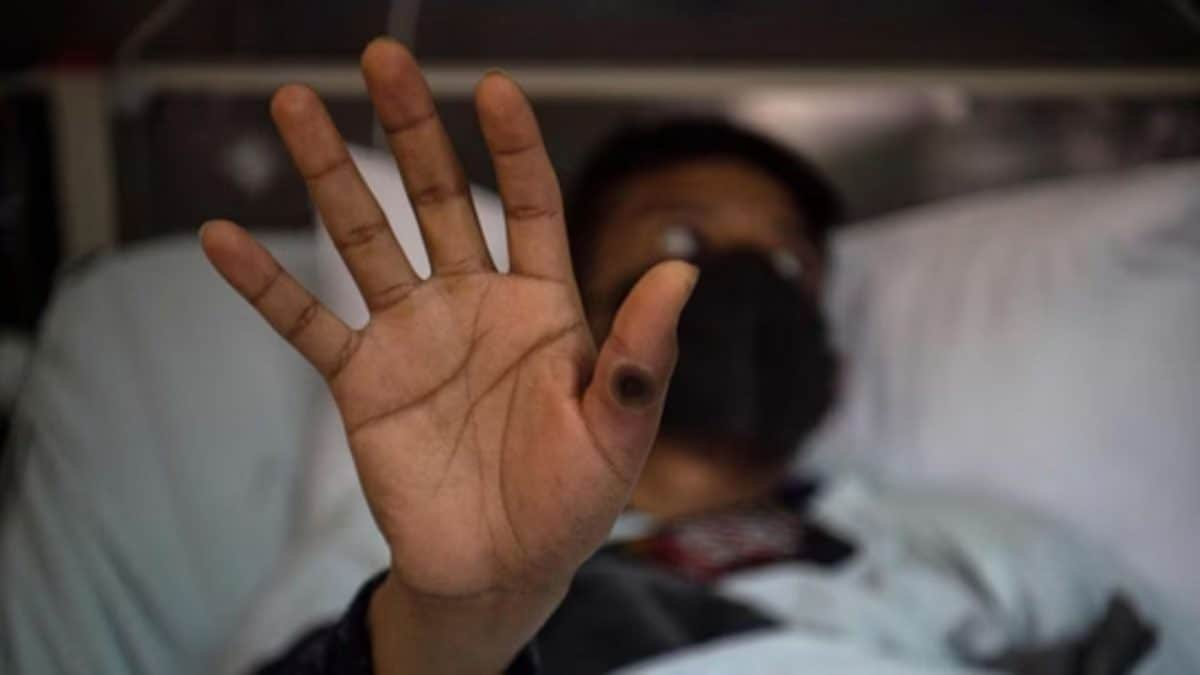


)
)
)
)
)
)
)
 English (US) ·
English (US) ·